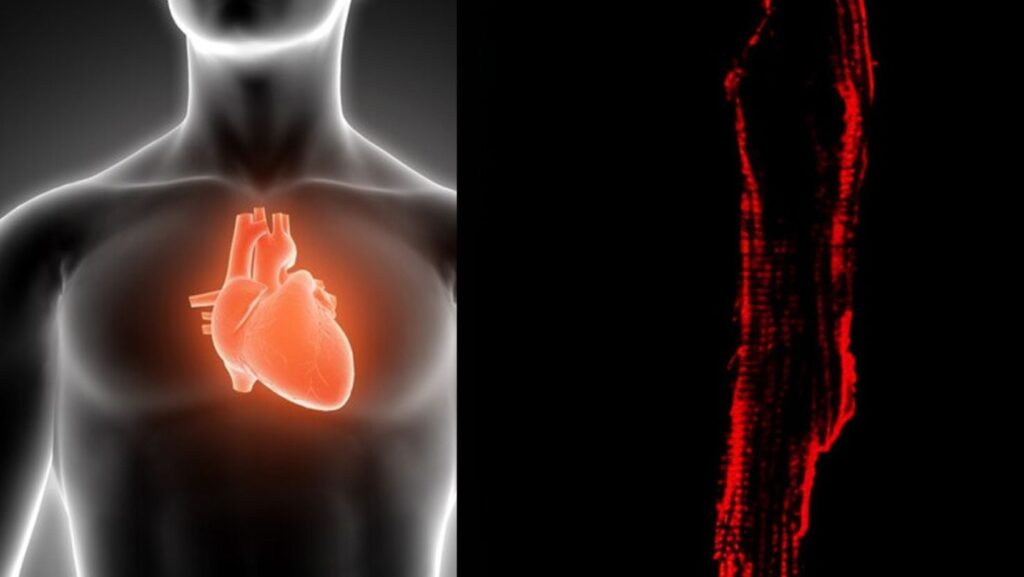In a surprising breakthrough, researchers have discovered that the human heart has “sweet taste” receptors. This is similar to those found on the tongue. It can influence heartbeat and muscle contraction. The findings, set to be presented at the 69th Biophysical Society Annual Meeting in February 2025. This could pave the way for new treatments for heart failure and other cardiac conditions.
Traditionally associated with taste perception. The sweet receptors are now known to exist in various parts of the body, performing functions unrelated to flavor detection. This study is the first to identify specific sweet taste receptors. The TAS1R2 and TAS1R3—on the surface of heart muscle cells, which appear to regulate heart activity directly.
“After you eat a meal, it’s been shown that your heart rate and blood pressure increase,” said Micah Yoder. A graduate student in the lab of Jonathan Kirk at Loyola University Chicago. “Previously, this was thought to be a neural response. But we’re proposing a more direct mechanism—where rising blood sugar after eating stimulates these sweet taste receptors on heart cells, altering the heartbeat.”
Sweet Taste Receptors and Their Effect on Heart Function

The researchers tested their hypothesis by stimulating these receptors in human and mouse heart cells using aspartame. This is a widely used artificial sweetener. The results were striking: activating the receptors increased the force of heart muscle contraction and faster calcium handling—two key processes that keep the heart beating correctly.
Calcium plays a critical role in heart function, as it regulates the contraction and relaxation of heart muscle. The study found that triggering these receptors sets off a cascade of molecular events directly affecting calcium flow within heart cells.
“During heart failure, the heart shifts its energy use and prioritizes glucose uptake,” Yoder explained. “It’s possible that in response to this metabolic shift, the heart changes how it senses and processes nutrients.”
Link Between Sweeteners and Irregular Heartbeat

The discovery of these receptors also raises new questions about the potential risks of artificial sweeteners. The study found that overstimulation of these receptors—particularly by artificial sweeteners like aspartame—was linked to arrhythmogenesis or irregular heart rhythms.
This finding aligns with previous studies suggesting a connection between high consumption of artificially sweetened beverages and an increased risk of arrhythmias. However, more research is needed to fully understand the long-term impact of activating these receptors and whether they could be targeted for therapeutic benefit.
Implications for Heart Failure Treatment

Interestingly, the study revealed that these sweet taste receptors are more abundant in the hearts of patients with heart failure. This suggests that the heart may adapt by increasing the number of these receptors to better respond to changes in blood sugar and energy demands.
While it remains unclear whether these receptors could be harnessed to strengthen the heart in cases of heart failure, researchers believe their discovery opens new possibilities for targeted therapies.
“This is an entirely new area of research that could have major implications for understanding and treating heart disease,” Yoder said.
Further studies will explore whether selectively activating or blocking these receptors could improve heart function and prevent complications such as arrhythmias.
Reference: Biophysical Society. “Sweet taste receptors in the heart: A new pathway for cardiac regulation.” ScienceDaily. ScienceDaily, 17 February 2025. <www.sciencedaily.com/releases/2025/02/250217133610.htm>

